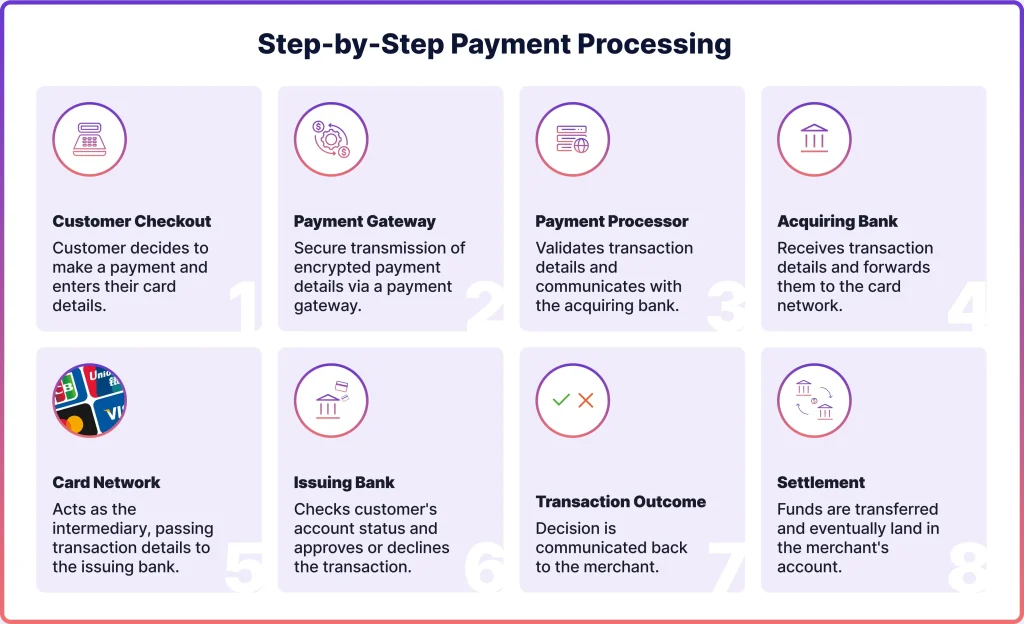Payment processor censorship in gaming has emerged as a contentious issue as major platforms like Steam and itch.io have begun removing thousands of “adult only” and “not safe for work” (NSFW) games. This wave of censorship, instigated by stricter regulations from payment giants such as MasterCard, Visa, and PayPal, follows a campaign led by the group Collective Shout. Their pleas for ethical corporate behavior gained traction, resulting in wider restrictions that have not only affected controversial titles but also mainstream games that engage with complex themes. The recent changes to video game distribution policies have sparked outrage among developers and gamers alike, who argue that such measures infringe on creative freedom. As the gaming industry grapples with the ramifications of these policies, the profound impact on adult content regulations and titles once celebrated for their artistic merit becomes increasingly evident.
The recent phenomenon of financial censorship in the gaming sector has ignited debates on how payment processors influence the landscape of digital games. With the removal of numerous NSFW titles from platforms such as Steam and itch.io, developers are facing a new reality where financial institutions dictate what creative expressions are acceptable. The pressure from organizations pushing for stricter content guidelines has led to an alarming trend of games being deindexed or outright banned, raising questions about the role of payment processors in the digital marketplace. As norms surrounding adult entertainment evolve, the implications for game distribution and the creative rights of developers continue to unfold, prompting calls for a reevaluation of these restrictive policies. The discourse surrounding this issue highlights the need for a balanced approach that respects creators’ rights while addressing valid concerns around content regulation.
The Rise of Payment Processor Censorship in Gaming
In recent weeks, a wave of censorship has swept through the gaming industry, spearheaded by payment processors like MasterCard and PayPal, which have imposed strict regulations on platforms such as Steam and itch.io. As a result, an alarming number of “adult only” and “not safe for work” (NSFW) games have been removed, significantly altering the landscape of video game distribution. This crackdown is grounded in the push from advocacy groups like Collective Shout, which campaigned against violence and exploitation in gaming, leading to a reevaluation of content standards by these payment processors.
The increased scrutiny and subsequent removals have sparked widespread outrage among developers and gamers alike, as several beloved and critically acclaimed games have been unjustly categorized as inappropriate based solely on content that challenges conventional narratives or explores adult themes. The ramifications of this censorship extend beyond mere policy changes; they signify an unsettling precedent where payment processors can dictate the kind of creative expression allowed in the industry.
Frequently Asked Questions
What role does payment processor censorship play in the gaming industry?
Payment processor censorship in the gaming industry significantly influences which games can be distributed on platforms like Steam and itch.io. Stricter regulations by processors such as Visa, MasterCard, and PayPal have led to the removal of ‘adult-only’ and ‘not safe for work’ (NSFW) games, impacting a wider range of titles beyond those intended for adult audiences.
How has Steam’s policy changed in response to payment processor regulations?
Steam updated its distribution policies on July 16, expanding regulations to include stricter guidelines against ‘adult content’ that may conflict with payment processors’ standards. This has led to the removal of various games, including those that do not contain overt sexual content, as part of its compliance with new payment processor censorship.
What impact did Collective Shout have on payment processor censorship in gaming?
Collective Shout, an organization advocating against the sexualization of women, campaigned for payment processors to cease transactions linked to adult content on platforms like Steam and itch.io. Their efforts prompted significant changes in video game distribution policies, leading to the removal of numerous games deemed inappropriate under the new regulations.
Why are payment processors becoming more stringent with adult content regulations?
Payment processors are tightening adult content regulations due to increased scrutiny from advocacy groups, like Collective Shout, and rising societal concerns about harmful content. This shift is part of a wider trend of financial censorship affecting various industries, where processors influence what legal products can be sold based on moral and ethical standards.
Which specific games have been affected by payment processor censorship on Steam?
While the exact number of games retired from Steam isn’t specified, numerous titles containing themes of incest and other adult content have been removed. Additionally, games exploring diverse themes, such as LGBTQ identity and experiences of domestic violence, have also faced de-indexing or removal as a direct consequence of the new payment processor censorship.
What are the broader implications of payment processor censorship in gaming?
The broader implications include the potential for censorship of creative expression within the gaming industry. Developers and gamers have raised concerns that payment processor censorship not only limits the availability of diverse narratives but also sets a precedent for other sectors to be influenced by advocacy groups, raising questions about free speech and corporate power.
How are gamers and developers responding to payment processor censorship today?
In response to payment processor censorship, many developers and gamers are voicing their concerns through social media and petitions, advocating for the right to choose the content they engage with. A Change.org petition has garnered over 150,000 signatures, urging payment processors and activist organizations to stop interfering with legal entertainment and to respect creative freedom.
What are the potential future developments regarding payment processor censorship in gaming?
Future developments may depend on consumer pressure and continued advocacy from developers. While there is potential for payment processors to reevaluate their policies due to this pushback, prevailing legislative trends towards stricter regulations on online adult content may lead to the continuation of current censorship practices across platforms like Steam and itch.io.
| Key Points | Details |
|---|---|
| Recent Removals | Thousands of adult-only and NSFW games have been removed from Steam and itch.io due to payment processor regulations. |
| Cause of Regulations | Payment processors like MasterCard, Visa, and PayPal imposed stricter rules after advocacy from Collective Shout. |
| Impact on Games | Numerous games, including award-winning titles, were removed or deindexed, affecting even those without adult content. |
| Advocacy Group | Collective Shout campaigned against the objectification of women, prompting payment processors to act. |
| Industry Reaction | Developers and gamers condemn payment processors’ control over game availability and express concerns over censorship. |
| Future Outlook | Ongoing consumer pressure may lead to changes, but current regulations are likely to stay due to legislative trends. |
Summary
Payment processor censorship in gaming has recently become a significant concern as major platforms like Steam and itch.io have begun removing thousands of games following pressure from payment processors. This movement, primarily driven by the advocacy group Collective Shout, has resulted in stricter regulations impacting a diverse range of games, including those that do not contain any explicit sexual content. The reaction from the gaming community has been one of outrage, as developers and players advocate for greater freedom and push back against what they deem as unjust censorship. Moving forward, the balance between compliance with financial institutions and the creative freedom of game developers continues to spark important conversations within the industry.



